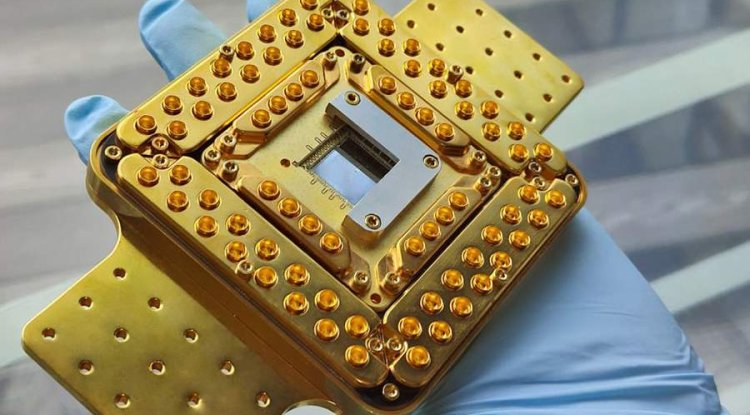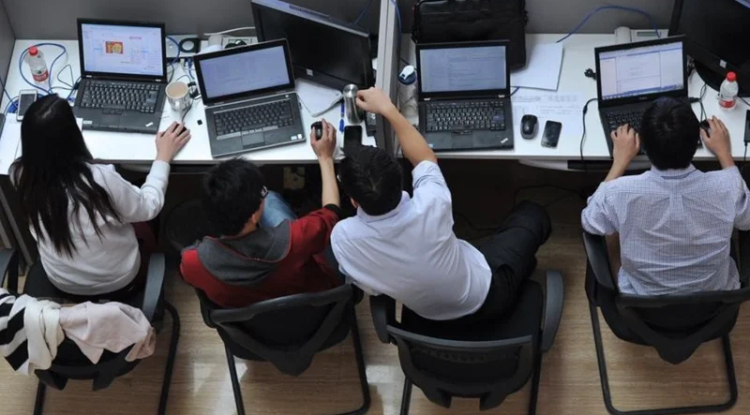Chinese startup opens first AI-based diagnostics clinic in Saudi Arabia
The world's first clinic with artificial intelligence instead of a doctor has opened in Saudi Arabia. Developed by Chinese startup Synyi AI, "Dr. Hua" is already consulting patients, making diagnoses and prescribing treatment.
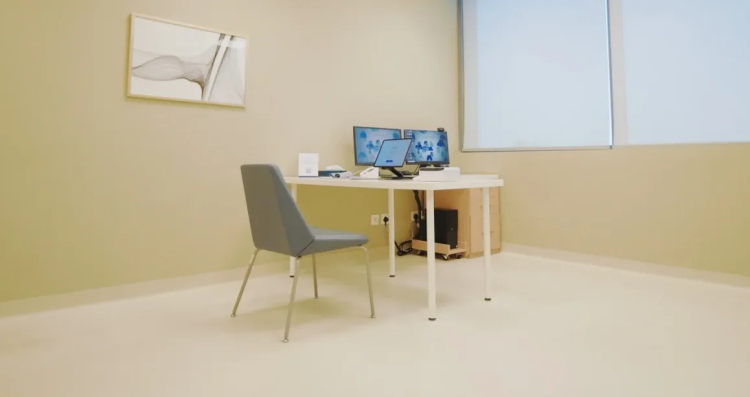
Chinese company Synyi AI has launched the world's first clinic in Saudi Arabia where artificial intelligence independently diagnoses patients, a move that could begin to replace human doctors in primary care.
Patients describe their symptoms to an AI doctor named “Dr. Hua” via a tablet. The algorithm analyzes the data, including cardiograms and X-rays, and then comes up with a treatment plan. The final decision is confirmed by a human doctor, but without an in-person examination. According to Synyi AI, the system was wrong less than 0.3% of the time in testing.
The company's CEO Zhang Shaodian said it was the "final step" toward direct AI diagnosis. So far, a few dozen patients have used the service for free, with a human doctor involved, as the project is still in the testing phase. Data from the pilot project will be sent to Saudi Arabian authorities for approval. Zhang expects the technology to be legalized within 18 months.
However, experts doubt the readiness of AI to replace doctors, believing that even the best AI systems are not yet up to the level of primary care. So far, "Doctor Hua" only works with respiratory diseases (asthma, pharyngitis, etc.), but by next year the list will be expanded to 50 diseases, including gastroenterological and dermatological ones.
In China, AI is already being used in telemedicine, but only as an assistant. Medlinker has developed an analogue of ChatGPT — MedGPT, which can diagnose common diseases with the accuracy of a doctor, but such systems have not yet found commercial application.
Earlier it was reported that the Moscow AI platform MosMedII helped doctors from Russian regions process more than 2.7 million medical images, thereby reducing the workload of doctors, but making modern diagnostics more accessible.
Share
What's Your Reaction?
 Like
0
Like
0
 Dislike
0
Dislike
0
 Love
0
Love
0
 Funny
0
Funny
0
 Angry
0
Angry
0
 Sad
0
Sad
0
 Wow
0
Wow
0
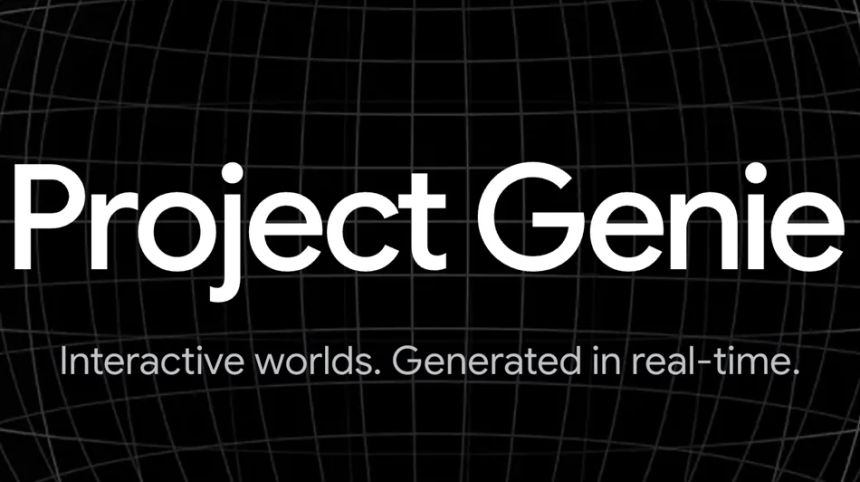

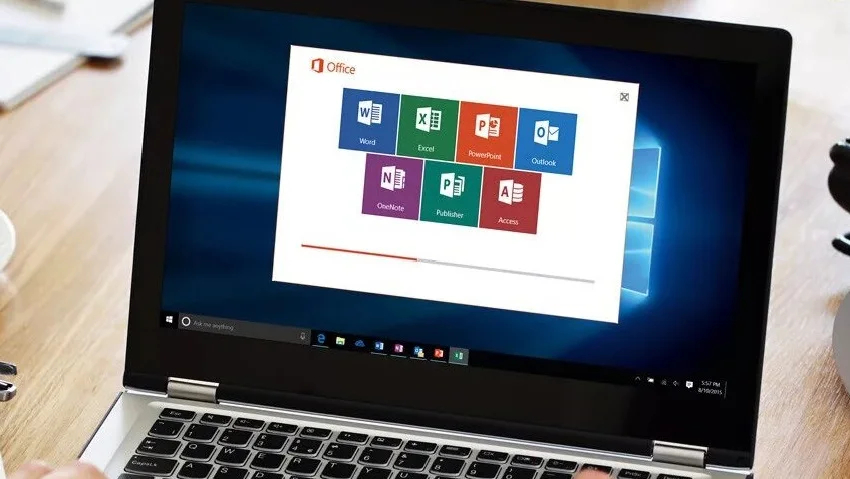


![Transfer/ Postings Senior Superintendent Police Hyderabad [Notifications]](https://pakweb.pro/uploads/images/202402/image_100x75_65d7bb0f85d5f.jpg)
![Amazing Text Animation Effect In CSS - [CODE]](https://pakweb.pro/uploads/images/202402/image_100x75_65d79dabc193a.jpg)





